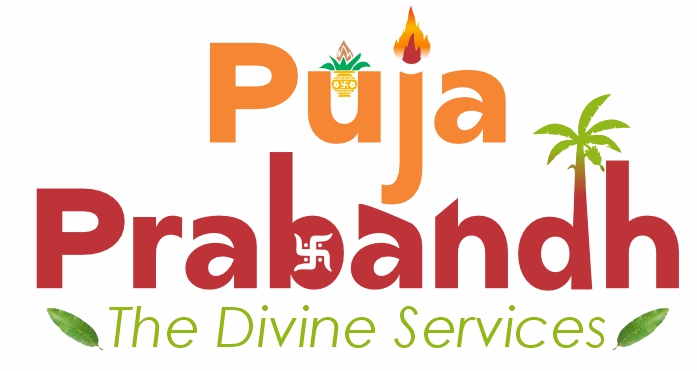The Karuka Homam is a unique and sacred fire ritual (homam) performed primarily in Kerala, rooted in Vedic and traditional tantric practices. It involves the use of Karuka grass (also called Darbha or Kusha grass)—a highly auspicious and spiritually potent plant in Hindu rituals.
🔥 Significance of Karuka Homam in Kerala
- For the Health and Longevity of Children
- The primary intention behind Karuka Homam is to ensure the good health, protection, and long life of children.
- It is often performed by parents who have concerns about their child’s well-being or as a thanksgiving ritual after overcoming health issues or dangers.
- Protection from Evil Forces and Negative Energies
- Karuka grass is considered to have purifying and protective powers in Vedic tradition.
- The homam wards off evil eye (drishti), negative vibrations, and spiritual afflictions that may affect children or vulnerable family members.
- Astrological and Spiritual Benefits
- In Vedic astrology, certain planetary doshas (malefic influences) can affect a child’s health or growth. Karuka Homam is believed to neutralize such doshas, especially those related to Rahu, Ketu, or Sani (Saturn).
- It is also advised during periods of Sani Dasa or Rahu-Ketu transit for children.
- Relief from Pithru Dosha (Ancestral Afflictions)
- In some traditions, Karuka Homam is also performed to appease ancestors and relieve Pithru Dosha, especially when it manifests as health problems in children.
- It helps ensure that the ancestral lineage remains protected and blessed.
- Purification and Sanctification
- The use of Karuka grass in the homam is significant because it is believed to retain spiritual energy and purify the surroundings.
- The ritual sanctifies the home and body, creating a protective spiritual shield.
🌿 Why Karuka Grass?
- In Kerala’s temple rituals and household ceremonies, Karuka grass is revered.
- It is believed that the grass absorbs and retains divine vibrations, and hence is used in many Vedic rituals, poojas, and even during cremations and pitru karma.
🏠 Where and When is it Performed?
- Often performed at homes, temples, or during special community-organized events.
- Particularly recommended on Saturdays, Krishna Paksha days, or based on astrological timing advised by a priest or astrologer.
- It is also common during the first birthday of a child, as part of Ayush Homam.
✨ Summary
Aspect | Significance |
|---|---|
Primary Purpose | Health, protection, and longevity of children |
Symbolism of Karuka | Purity, spiritual energy, and warding off negativity |
Associated Beliefs | Relief from doshas, evil eye, Pithru Dosha |
Common Occasions | After childbirth, during illness, or for general protection |
Ritual Components | Use of Karuka grass, fire offerings, Vedic chanting |
🙏 Conclusion
Karuka Homam is a deeply symbolic and spiritually important ritual in Kerala, particularly cherished by families for the protection of children and the household. It reflects the synthesis of Vedic wisdom, traditional Kerala temple practices, and astrological insight, making it a valuable and revered custom in the region’s spiritual life.

